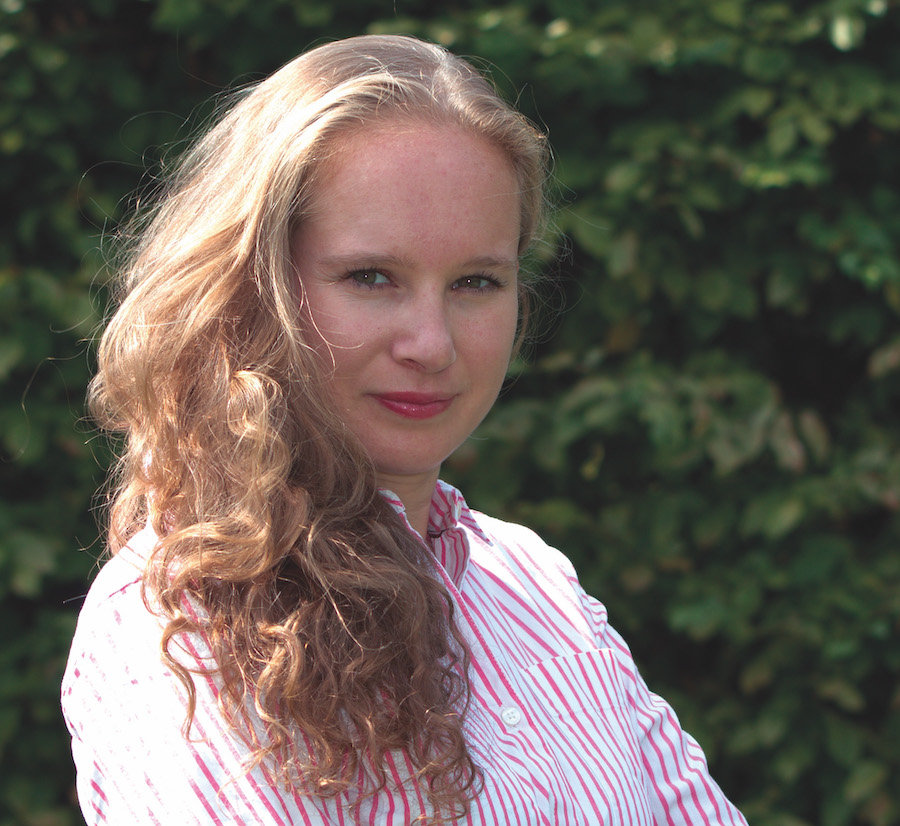“An EASY WAY to solve your dispute – MEDIATION as an alternative to the court proceeding process”

In my law practice, I mostly meet with two types of clients. The first type needs legal services because they are either starting a new business, extending their business, operating their business, buying or selling it, or are just making preparation for the future. The second type of client needs legal advice because of a conflict or a claim that needs to be resolved.
In the first case, the law is used to create something new – a new business, a new opportunity. In the second case, the law is used to settle a relationship issue between disputing parties.
Solution of disputes
If the parties are not able to find a settlement by themselves then the most common solution is to go to court, where it would be authoritatively decided. But, it is not always the best solution since the parties have no control over the decision, the court process is lengthy (the average time for the final decision is between 2–3 years in the Czech Republic) and costly, and both parties need to pay their lawyers accordingly. There are also alternative solutions to the dispute other than a court decision if the parties are not able to find an amicable solution between themselves, such as arbitration and mediation. In my law practice, I always try to reach a settlement for the client, or recommend an alternative dispute solution such as mediation in order to save the client money and energy. Of course, in some cases, the court is the only solution.
Mediation as alternative form of dispute solution
Recently, I had training in mediation techniques at “Institut pro mediaci a pracovní vztahy”, and the concept of mediation amazed me. It is a short-term, structured, task-oriented, and„hands-on“ process; a procedure in which the parties discuss their disputes with the assistance of a trained impartial third person(s) (the mediator), who assists them in reaching a satisfactory agreement for both parties. The mediator is a facilitator who has no power to render a resolution to the conflict. The parties have absolute control over the final agreement and are encouraged to find a creative solution to their issue. In the Czech Republic, mediation is voluntary. The court can recommend mediation or order the parties to have the first introductory meeting with the mediator, after which the parties can freely come back to the court for its solution of their dispute. If a resolution is reached, mediation agreements may be oral or written, and the content varies with the type of mediation. In 70-80% of mediated cases, a final agreement acceptable to both parties is reached. The average time for the mediation process to reach an agreement is 8-10 hours, with family mediation being 12-15 hours (family mediation is a specific type of mediation used to set up partner relationship and childcare after a separation, where the best interests of the child must be considered).
The role of the mediator
The role of the mediator is to provide a safe space for all parties, interpret concerns, relay information between the parties, frame issues, reframe issues, help define the needs of the parties, and specify the issues at hand. The mediator uses communication techniques to make sure that each party hears the point of view and arguments of the other party. The mediator helps the parties find common ground, vent their emotions, and deal with unrealistic expectations.
Halfway is not always the best solution to a dispute
The best way to explain mediation is with an exam- ple: Mum came to the kitchen and her two children had been fighting over the last orange. Mum took the orange, cut it in half, and gave each child one half. Both children started crying even harder. She asked why they were crying even more when each of them had one half of the orange and could eat it. The younger child answered that she wanted the juice from the orange, and the older child said she needed the peel for her school project. None of the children got what they wanted and if the mum had asked them the right questions she would have been able to split the orange in a way that would’ve made everyone happy. To ask the right questions and find the needs of both parties is one of the mediator’s most important tasks.
Give mediation a chance
The advantages of mediation are affordability, timely resolution, private sessions, confidentiality, participation in the resolution of the dispute, and in many cases preservation of the interrelationship between the parties. The cases in which the parties have been in long-term association are the most suitable for mediation. The cases to be mediated are those in relation to employment issues, business cases, family cases, neighbourhood cases etc.
Mgr. Eliška Kolečkářová
Attorney at Law
E: eliska.koleckarova@eklegal.cz

